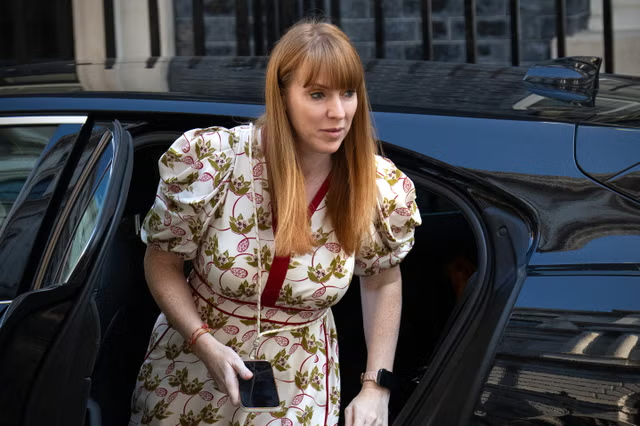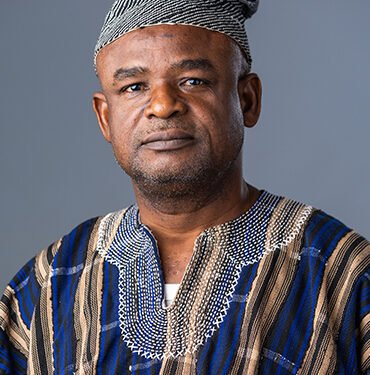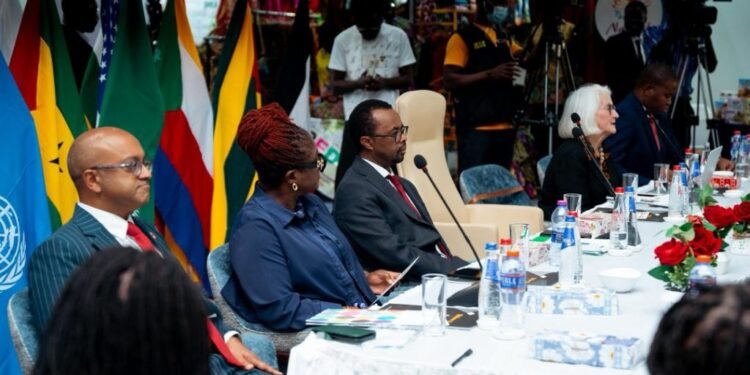Labour is “staking everything” on using massive investment to combat Britain’s housing crisis, Deputy Prime Minister Angela Rayner has declared. She said the government’s long-term plan was built on the firm belief that lives could be transformed by finally addressing the social housing shortage.
Rayner revealed that nearly £40 billion has been secured to fund the construction of affordable and social homes over the next ten years, following difficult negotiations with the Treasury.
However, she admitted that the journey ahead remains challenging, as housing associations struggle with financial pressures that have made them reluctant to commit to social housing developments.
“We’re prioritising social rent,” Rayner affirmed. “Now we’ve got to go away and do some of the work with the social landlords.” She stressed that social rent remains a central focus because of the overwhelming need.
“I’ve got 164,000 children in temporary accommodation. You can do the maths on that. That is a hell of a lot, so I need a hell of a lot of social homes.”
Deputy Prime Minister Angela Rayner
Housing associations have reportedly been declining Section 106 opportunities, properties that developers must offer for affordable housing, as a result of their financial constraints.
Rayner acknowledged that meeting the government’s promise to build 1.5 million homes before the end of the current parliament remains a “stretch target.” She confessed to having initial doubts about the feasibility of reaching such a goal, especially after discovering a £22bn black hole in the finances when Labour assumed office.
“We know the only time that Britain has built at that sort of level is the post-Second World War era, and that was with massive amounts of social housing. At the beginning, when we inherited the £22bn black hole, we had meetings and I said: ‘Let’s reassess this, are you sure we’re going to be able to do this?’”
Deputy Prime Minister Angela Rayner
Major Investment, But Delayed Impact
Despite the enormity of the task, Rayner said the cabinet remained united in its resolve. “They were absolutely clear that we’ve got to at least start to turn the tide on the housing crisis we’ve got.”
She was candid, however, about the timeline for change. “There are 1.4 million people on the social housing list, but what I can guarantee is that we’ll have the biggest wave of social housing and affordable housing in a generation,” Rayner stated.
“Yes, we will see an improvement, but I won’t solve the housing crisis that has been over a decade in the making within a couple of years.”
Deputy Prime Minister Angela Rayner
As part of the government’s broader housing reform, Rayner confirmed that social landlords would be allowed to raise rents by 1 percentage point above inflation over the same period. This measure, a key demand from providers, is expected to help improve the poor standards in some social housing.
She also pointed to the proposed renters’ rights bill as a crucial tool for strengthening tenant protections across the private sector. Reflecting on her own upbringing in social housing as a teenage mother, Rayner described a recent visit to a childhood friend living in squalid conditions.
“She couldn’t use three rooms. It was a private landlord, and she was frightened to raise it because the house would get condemned, and then she’d not be able to live there with her kids. She was paying ridiculous rent. I mean, she’d switched the kettle on and the washing machine would come on.
“People have got really terrible living standards and they’re too frightened to raise the concern. They’re really worried about the landlord having more power and then they’ll just throw them out on a no-fault eviction.”
Deputy Prime Minister Angela Rayner
She concluded that the renters’ bill is about empowering tenants to challenge poor conditions without fear of eviction.
READ ALSO: NSA Orientation Sparks Excitement Among UCC Final-Year Students























